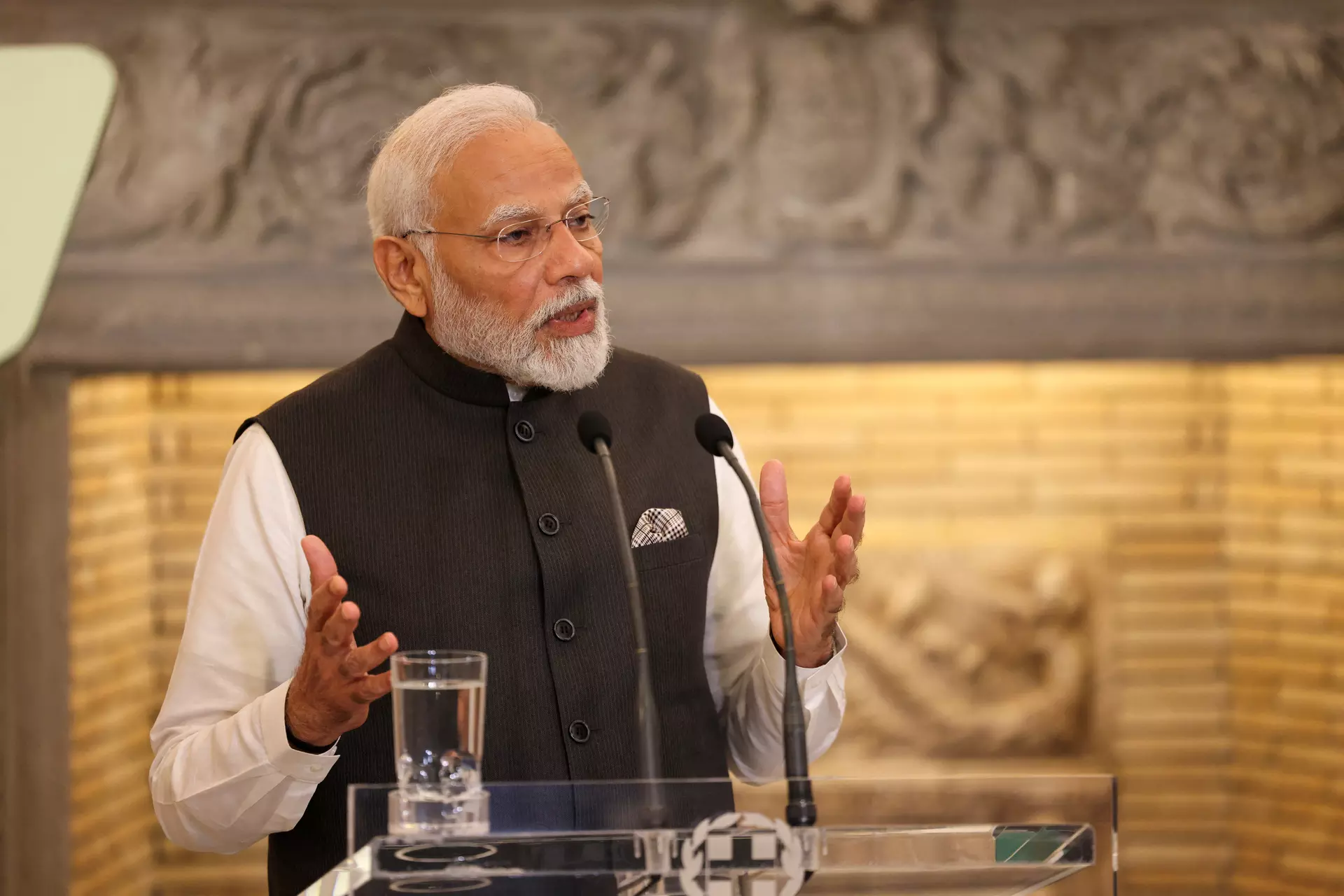
Prime Minister Narendra Modi has made a renewed pitch for diversity in the energy mix, saying there is no one-size-fits-all solution for a world looking to transition from fossil fuels to cleaner sources like solar and hydrogen. India, the world’s third-largest energy consumer, has repeatedly stressed on energy transition being just and orderly and nations having a free hand in decisions on the pathway based on the availability of resources.
“Our principle is simple – diversity is our best bet, whether in society or in terms of our energy mix,” he told PTI in an exclusive interview here ahead of the G20 summit.
“There are no one-size-fits-all solutions. Given the different pathways countries are on, our pathways for energy transition will be different.”
Coal, oil and gas make up for almost two-thirds of the world’s energy consumption. And replacing them can’t happen overnight.
Given this, New Delhi is in favour of continuing to invest in today’s energy system so as to meet the demands of growing economies and not cause any shortage. And at the same time, investments should flow into transition fuels.
“Despite having 17% of the world’s population, India’s historic share in cumulative emissions has been less than 5%. Yet, we have left no stone unturned in meeting our climate goals,” Modi said.
India ramped up its solar energy capacity 20-fold in just a few years, is now among the top four nations in the world in terms of wind energy, and is playing an important role in both innovation and adoption of electric vehicles, he said.
“We are perhaps the first among the G20 countries to have achieved our climate targets nine years ahead of the scheduled date,” he said.
India has now pledged to reduce the emissions intensity of its Gross Domestic Product (GDP) by 45% by 2030.
It has set a target of 2070 to achieve net zero and towards that goal committed to generating 50% of its electricity from non-fossil fuel sources by 2030, setting up 500 GW of renewable energy capacity and reducing the total projected carbon emissions by one billion tonnes till 2030.
“So, we are certainly on track while also tailoring in various factors needed to ensure growth,” Modi said.
On the future of the fight against climate change, he said he was extremely positive about it and the country was working with other nations to “alter the approach from a restrictive to a constructive approach”.
“Rather than focusing purely on the approach of don’t do this or that, we want to bring in an attitude that makes people and nations aware of what they can do and help them with that, in terms of finance, technology and other resources,” he added.
Last year, the world lost 3% of gas demand following the Russia-Ukraine war, and the prices went up seven-fold, resulting in countries turning to the next cheaper alternative, coal.
India has been long pressing for a just, orderly and sustainable energy transition where the energy needs of its fast-growing economy continue to be met and it is given access to technology and financing for a just and orderly transition to renewable energy sources like wind and solar, as well as lithium-ion batteries.

